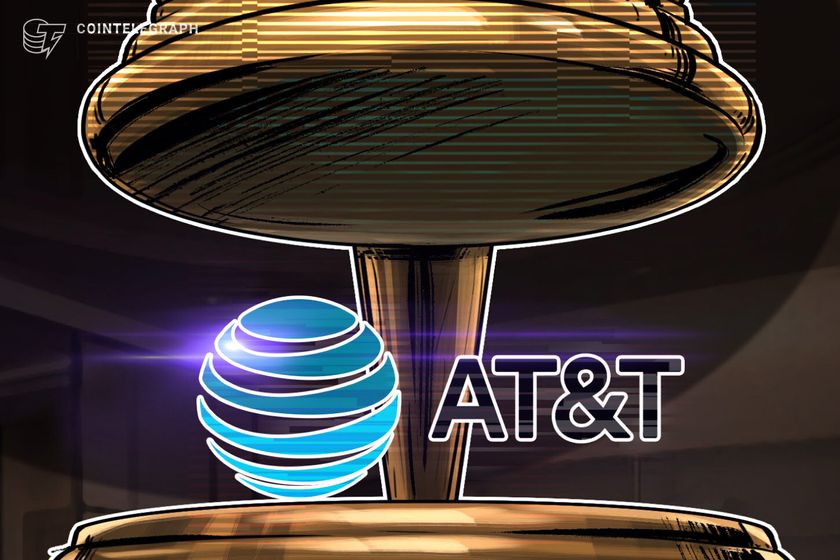Court revives 2020 AT&T case over $24M crypto theft via SIM swap

Cryptocurrency stolen in a SIM swap may lead to a precedent-setting decision on phone company responsibility.
AT&T will be back in court facing charges of failing to protect user information after part of a summary judgment in its favor was overturned on appeal.
The case began in 2020 when crypto investor Michael Terpin sued a recent high school graduate for stealing $24 million in the cryptocurrency Trigger from him through a SIM swap that allowed Pinsky to overcome the two-factor authentication protecting one of Terpin’s crypto wallets.
Ellis Pinsky was 15 in 2018 when he and an accomplice bribed an AT&T employee to transfer Terpin’s SIM (subscriber identity module) card information onto a blank card in their phone. The long and complicated legal struggle that followed earned Pinsky the nickname “Baby Al Capone” and involved him in a potentially precedent-setting case against AT&T.
Cryptocurrency stolen in a SIM swap may lead to a precedent-setting decision on phone company responsibility.
AT&T will be back in court facing charges of failing to protect user information after part of a summary judgment in its favor was overturned on appeal.The case began in 2020 when crypto investor Michael Terpin sued a recent high school graduate for stealing $24 million in the cryptocurrency Trigger from him through a SIM swap that allowed Pinsky to overcome the two-factor authentication protecting one of Terpin’s crypto wallets.Ellis Pinsky was 15 in 2018 when he and an accomplice bribed an AT&T employee to transfer Terpin’s SIM (subscriber identity module) card information onto a blank card in their phone. The long and complicated legal struggle that followed earned Pinsky the nickname “Baby Al Capone” and involved him in a potentially precedent-setting case against AT&T.Read more